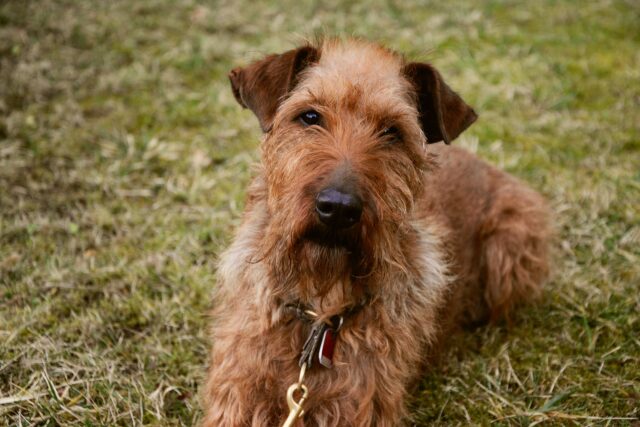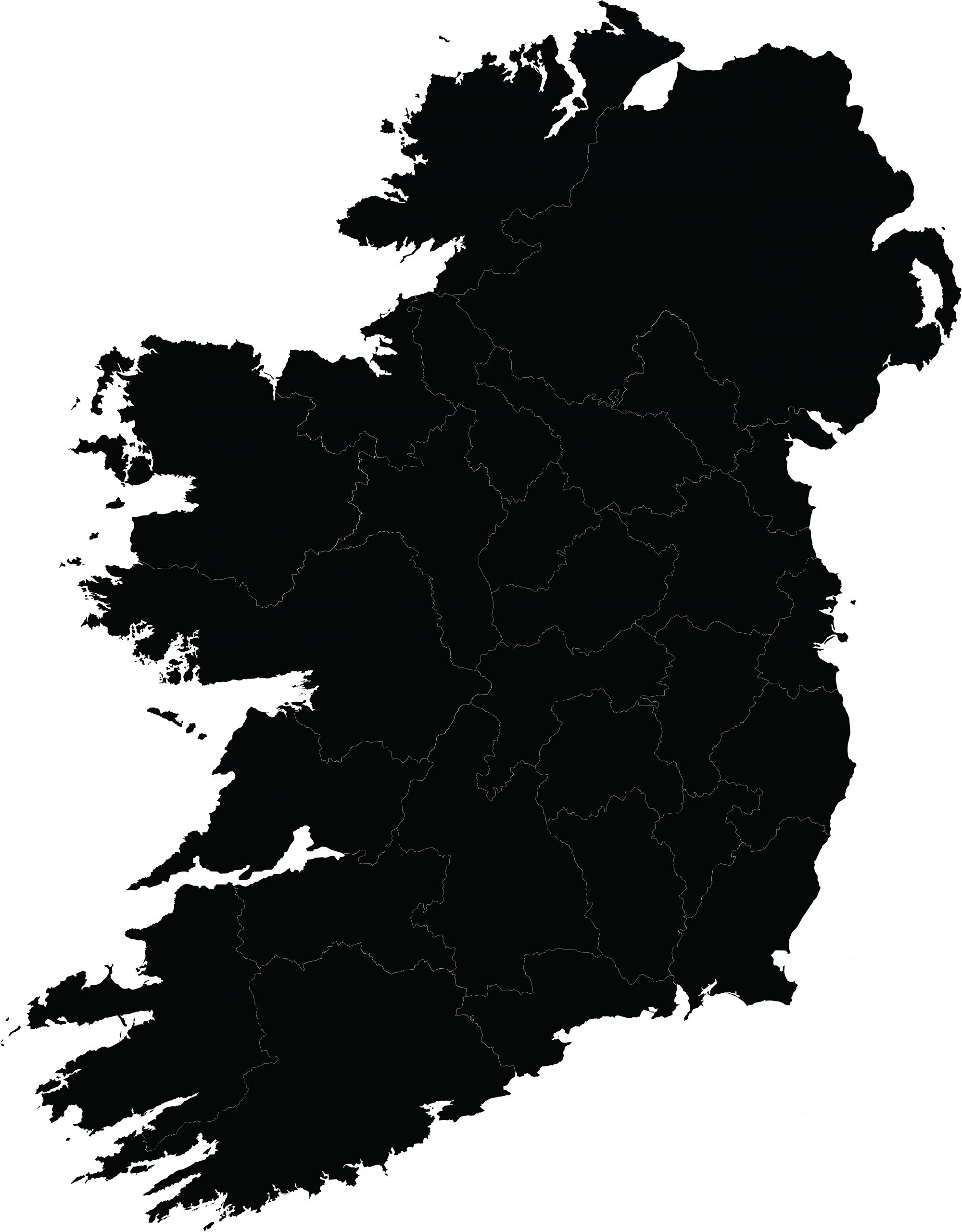Irish Terriers
No products found which match your selection.
Shelter Dog Meal Donation Count:
No products found which match your selection.
The Irish Terrier, known for its fiery red coat, is one of the oldest terrier breeds. They are admired for their courage, loyalty, and lively disposition. Their fearless and tenacious nature makes them excellent watchdogs and companions.

Originating in Ireland, the Irish Terrier was initially bred for hunting and as a farm dog. They were used to control vermin and as guardians. The breed played roles in wartime communications and as a mascot for soldiers.

Generally a robust breed; potential issues include hip dysplasia, eye conditions, and hypothyroidism. Regular health screenings and veterinary check-ups are recommended.
The wiry coat requires regular brushing and occasional professional grooming. Stripping the coat several times a year helps maintain its texture and color.
High energy levels necessitate regular exercise and mental stimulation. It is ideal for active families or individuals who can provide daily walks and playtime.
Intelligent and eager to learn, yet can show an independent spirit. Consistent, positive training methods are effective. Early socialization is crucial to curb the natural wariness of other dogs.
Requires a balanced diet suitable for a medium-sized, active dog. Monitoring portion sizes and meal frequency is essential to maintain optimal weight.
Caring for an Irish Terrier involves meeting their exercise, grooming, and companionship needs. They thrive in environments where they can be active, engage in challenging activities, and be part of family life. With proper care, including regular veterinary visits, appropriate nutrition, and sufficient exercise, Irish Terriers make lively and loyal companions.
The Irish Terrier, known for its vibrant personality and distinctive red coat, is generally a robust and healthy breed. However, like all breeds, they are predisposed to certain health conditions. Awareness of these issues and recommended tests can assist in maintaining their well-being.
Understanding these common health issues and adhering to the recommended tests and preventive care guidelines can help ensure an Irish Terrier's long, healthy life. Regular collaboration with your veterinarian is critical to developing a healthcare plan tailored to your dog's needs.
The iHeartDogs Free Rx Discount Card Program is a pet prescription discount card that can help you save money on your furry friend’s medications. The card is free to sign up for, and you can use it at participating pharmacies nationwide. To use the free program, simply show the card to your pharmacist when you pick up your pet’s prescription. The pharmacist will then scan the card, and you will receive a discount on the price of the medication.LEARN MORE
Caring for an Irish Terrier involves various expenses that can vary depending on factors like location, the dog’s age, health, and personal care choices. Here’s a breakdown of typical expenses:
Total Estimated Annual Cost:
$1815 - $4440
It's important to note that these figures are estimates and can vary. Also, the first year of owning a dog can be more expensive due to one-time costs like spaying/neutering, initial vaccinations, and training. Regular budgeting for your dog's needs and an emergency fund for unforeseen costs are essential for responsible pet ownership.